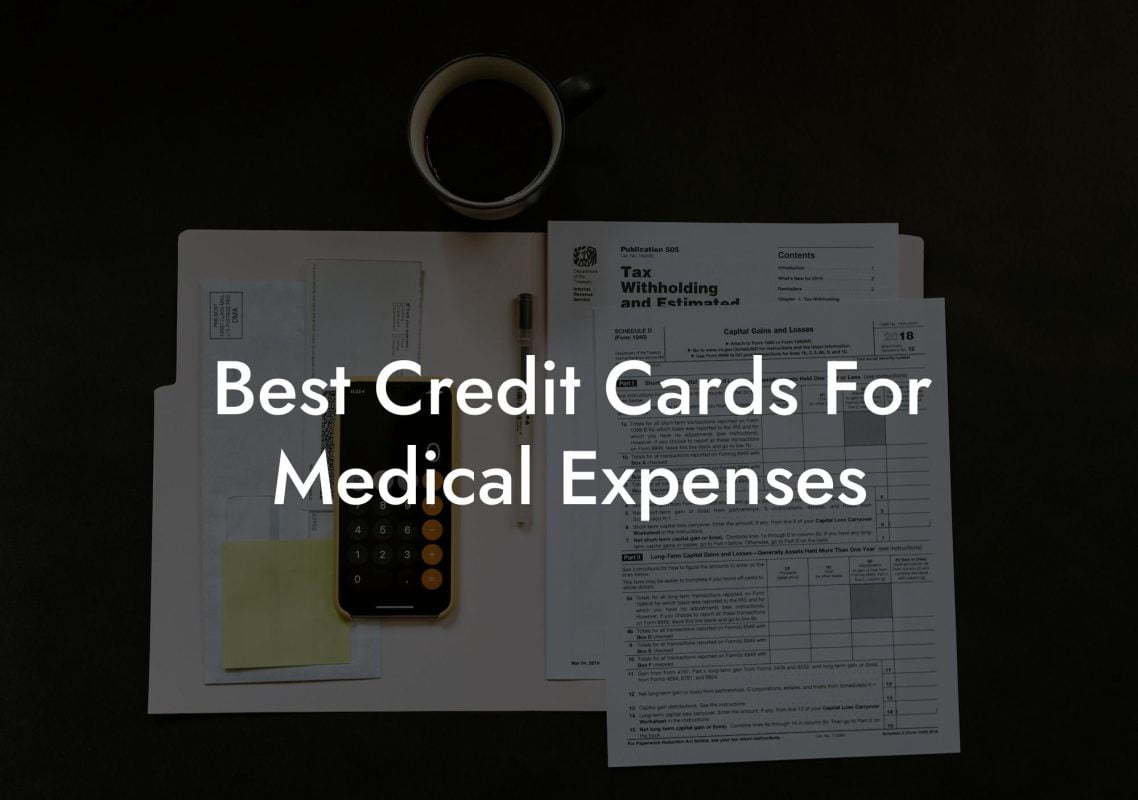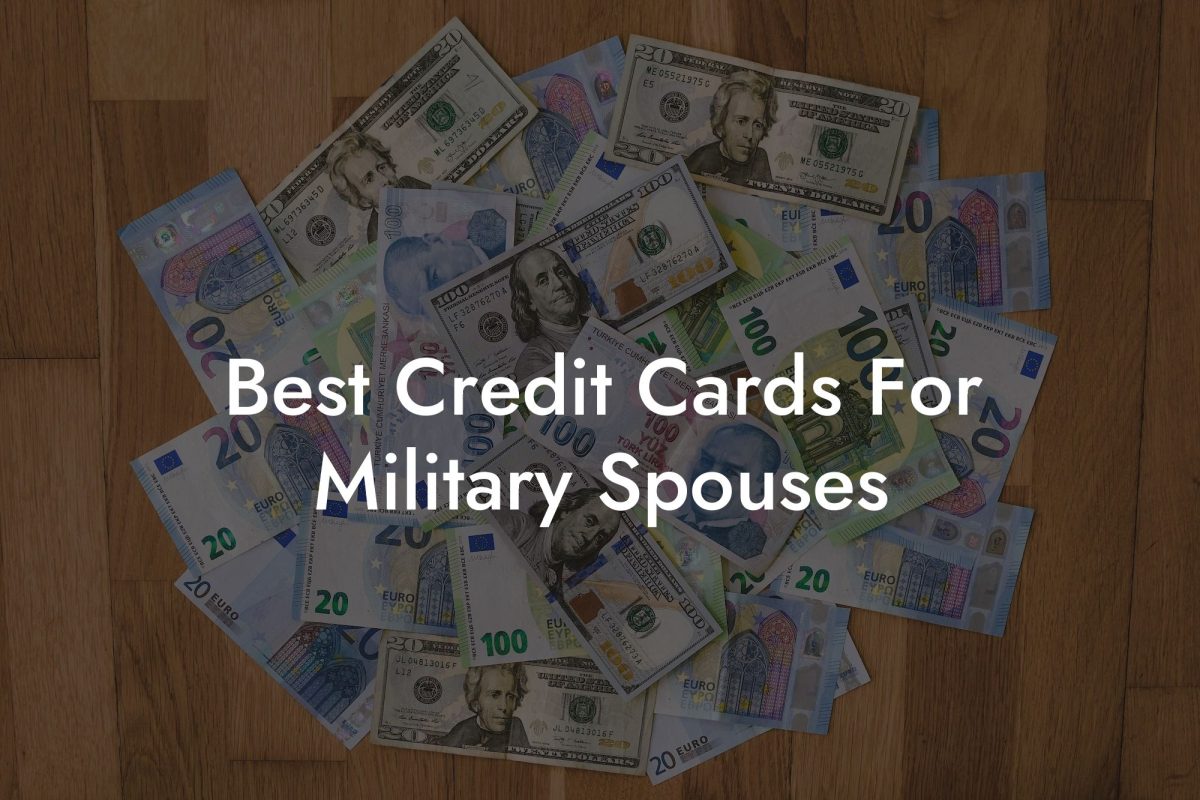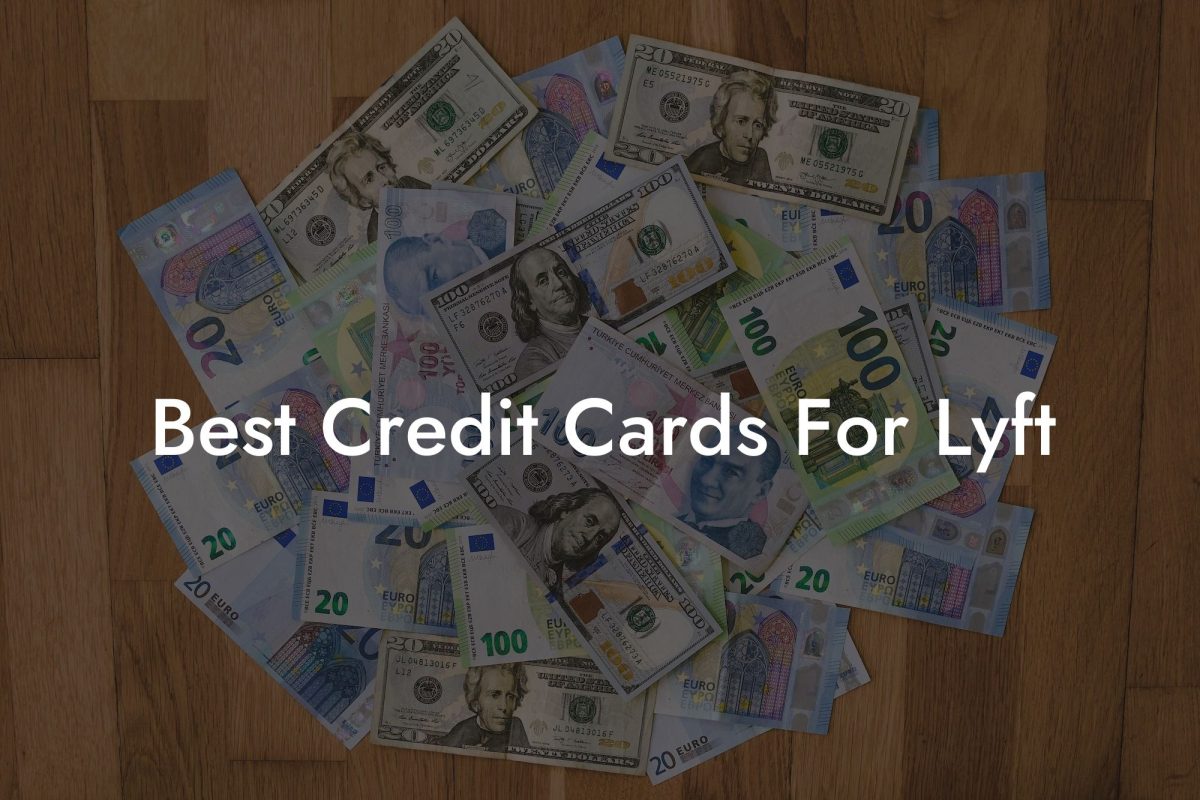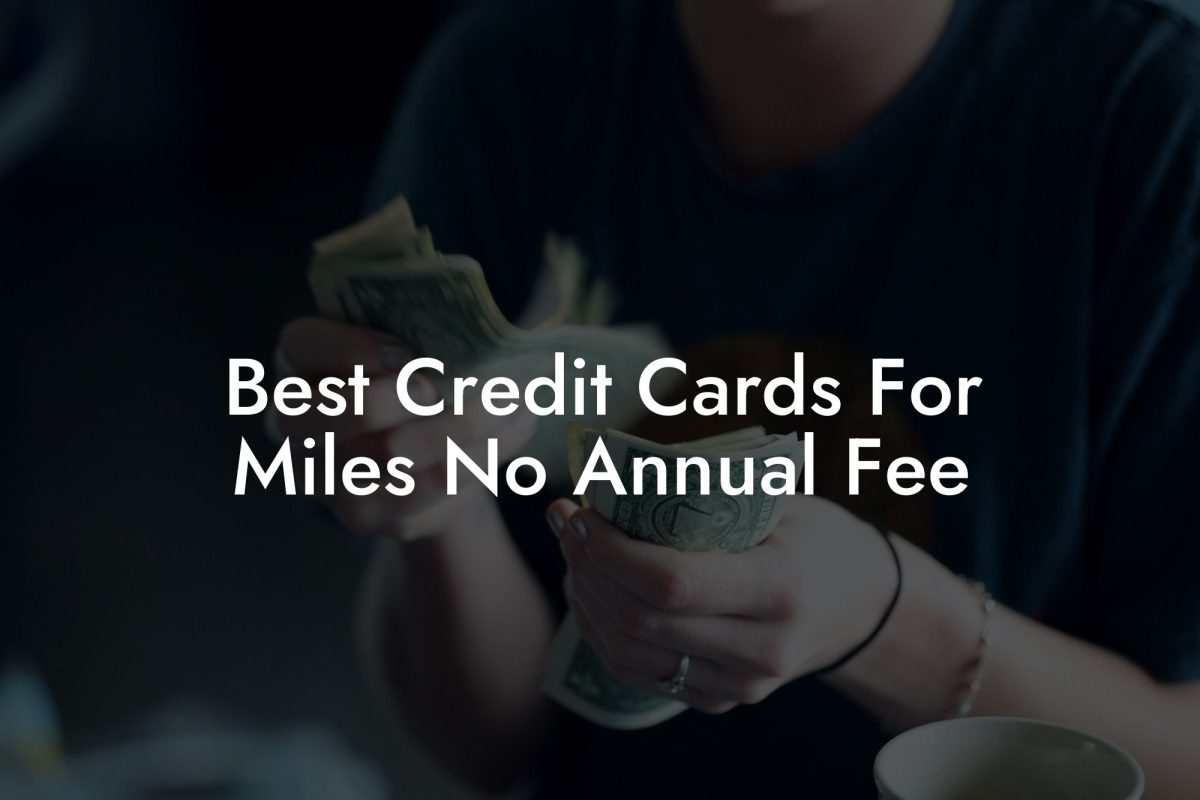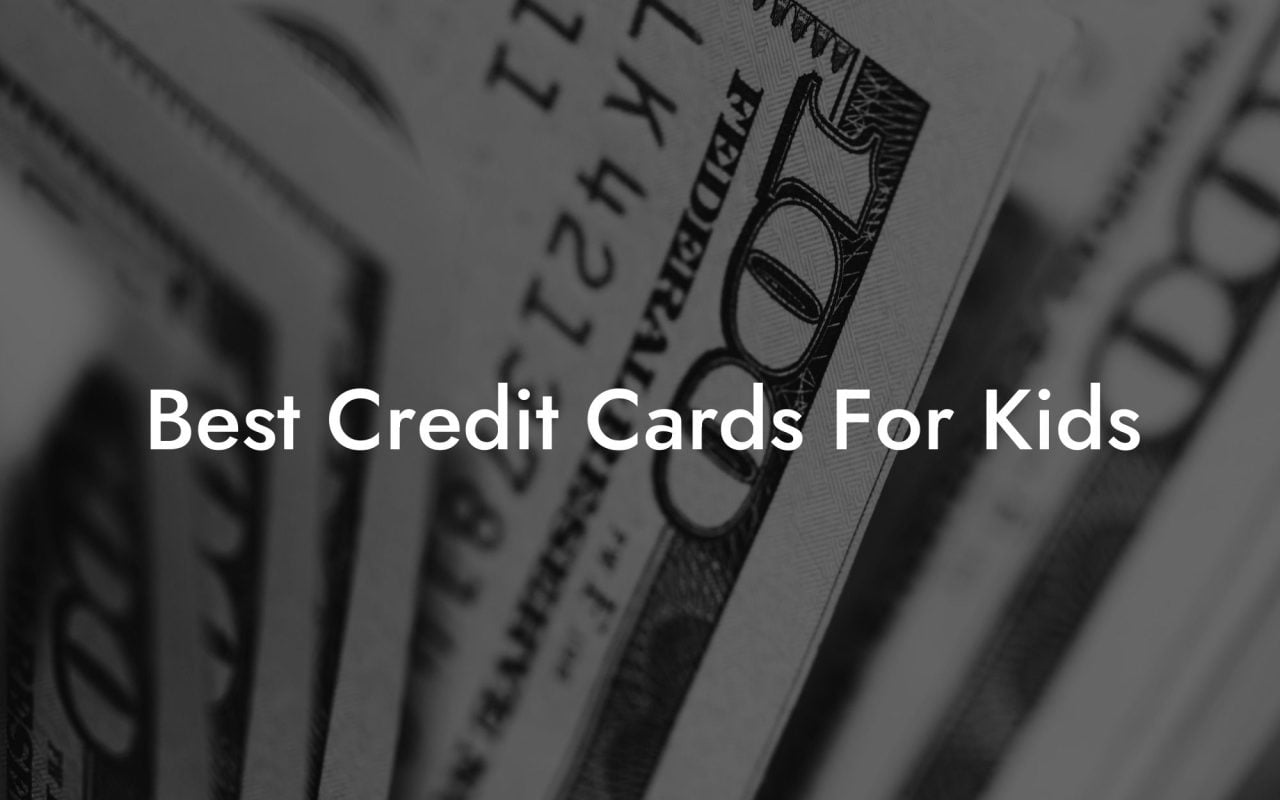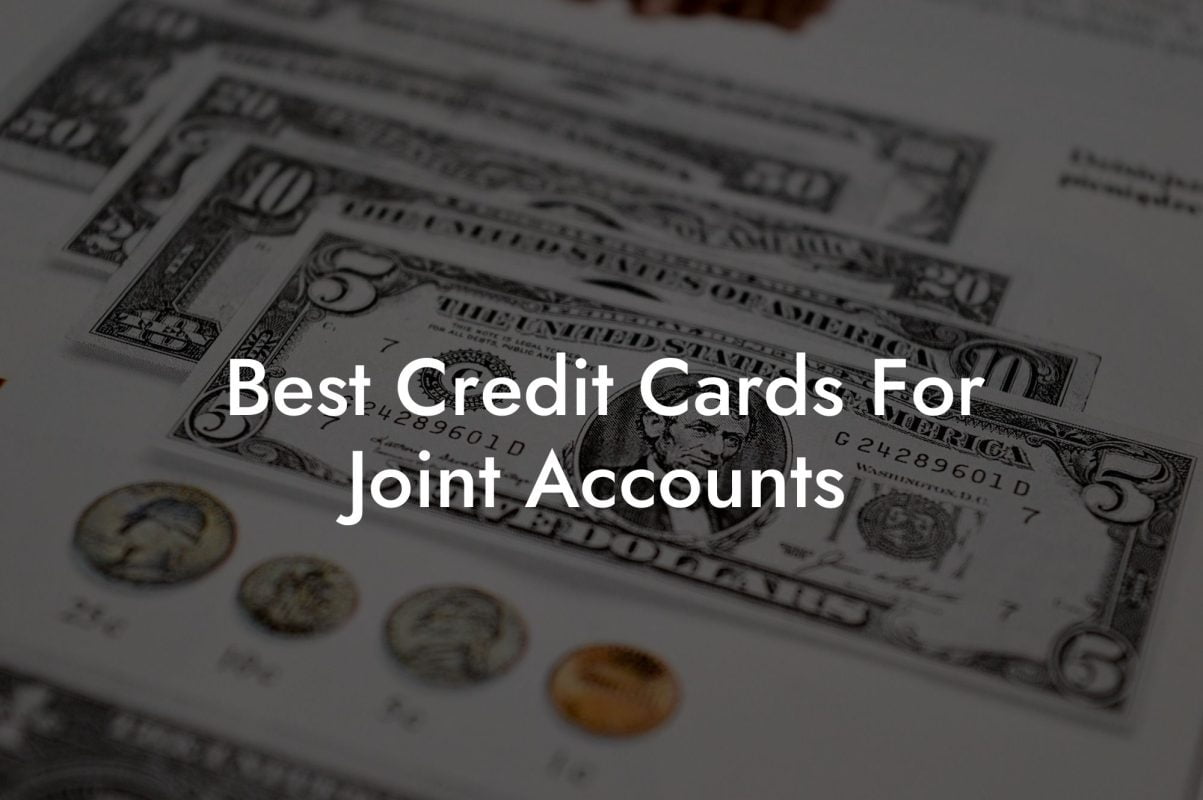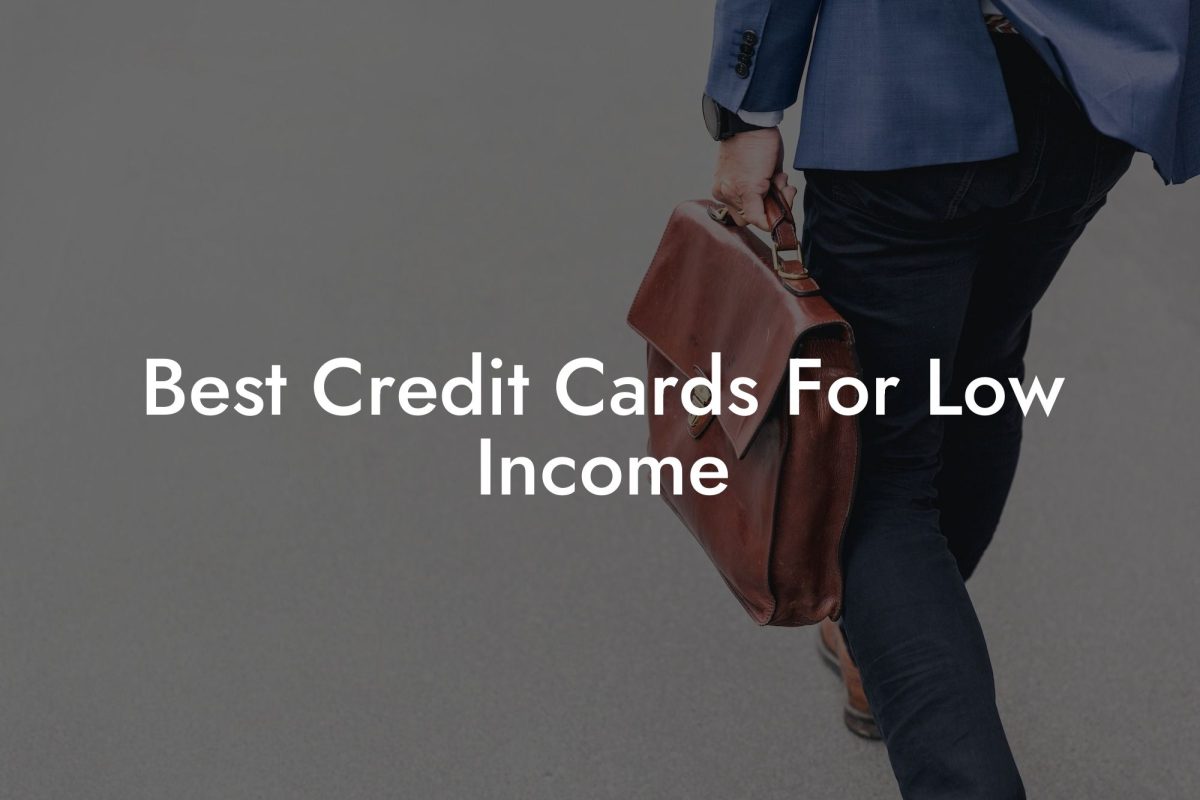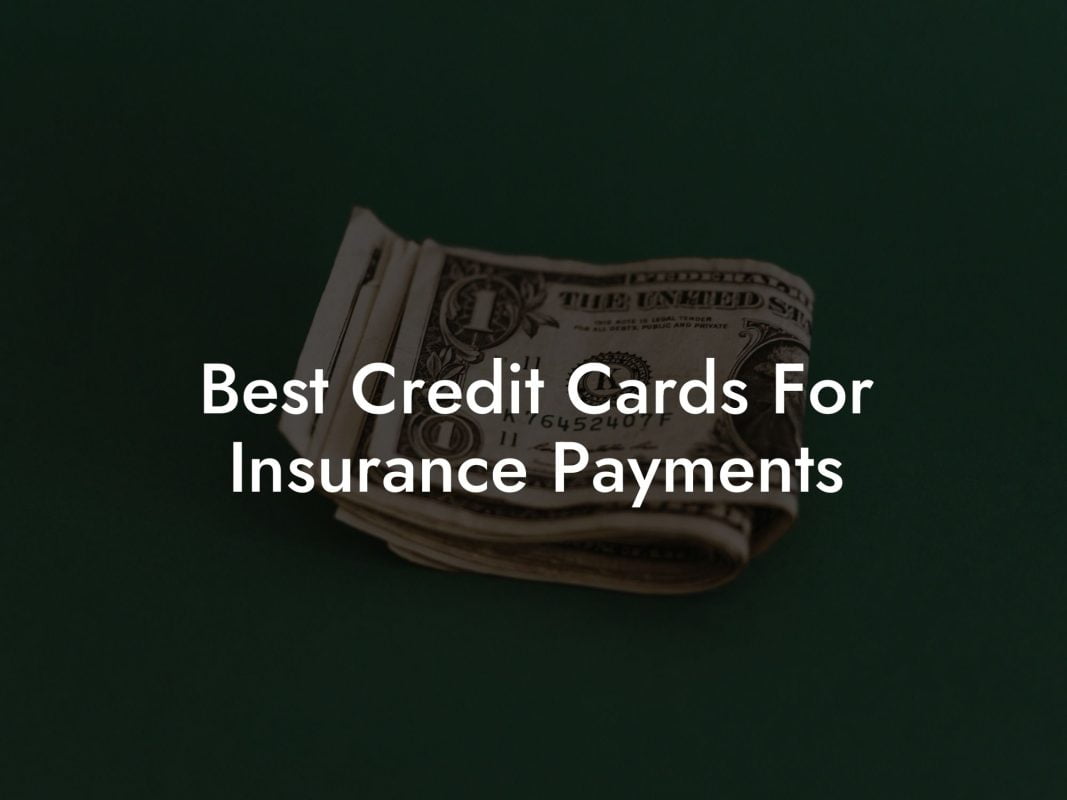Picture this: it’s a sunny Friday afternoon and you’re sipping on your artisanal iced latte while scrolling through your phone, when a notification pops up reminding you that your credit card statement is in. “Statement balance?” you wonder, like, “Is that the bill for my avocado toast addiction?” If you’ve ever squinted at your monthly credit card bill, you’re not alone. Welcome to the ultimate guide on understanding the statement balance on a credit card—a must-read rendezvous between savvy financial choices and that “adulting” moment we’re all trying to master. Let’s break it down with a splash of humor, practicality, and relatable insights perfect for millennials and Gen Zers looking to level up their money game.
What Is Statement Balance on a Credit Card Table of Contents
So, What Exactly Is a Credit Card Statement Balance?
How Credit Card Statement Balance Impacts Your Financial Wellbeing
Navigating the Credit Card Billing Cycle
Peeking Behind the Scenes: Statement Balance vs. Current Balance
Why Paying the Statement Balance in Full Matters
Late Fees, Interest Charges, and the Domino Effect on Your Wallet
Smart Strategies to Manage Your Credit Card Statement Balance
Credit Card Statement Balance: The Comparison Breakdown
Decoding Your Payment Due Date and Late Fee Triggers
Creating a Solid Financial Routine: Budgeting and Payment Scheduling
The Digital Edge: Apps and Tools to Master Your Statement Balance
So, What Exactly Is a Credit Card Statement Balance?
At its core, your credit card statement balance is the total amount you owed during your billing cycle at the time your statement closed—not necessarily what you owe right now, but the figure that shows up on your bill. Think of it as a snapshot of your spending over the past month, capturing every swipe, tap, and online purchase until the statement’s closing date.
Unlike your current balance, which is dynamic and changes as you make payments or additional charges, the statement balance is fixed—it’s the amount your credit card company calculated when they wrapped up that billing period. Paying off this balance in full by the due date means you can avoid interest charges and keep your financial karma intact.
In short, your statement balance is the financial equivalent of a “save that moment; it’s beautiful” snapshot of your monthly spending. It’s important because it helps you understand whether you’re living within your means or if your spending habits are spiraling into the dreaded realm of debt.
How Credit Card Statement Balance Impacts Your Financial Wellbeing
The statement balance isn’t just another number on your monthly bill—it’s a powerful indicator of your financial health. Here’s why:
- Interest Calculations: Paying your statement balance in full by the due date means you dodge those pesky interest charges that can add up like a subscription you forgot to cancel.
- Credit Score Considerations: Keeping your statement balance low compared to your credit limit can boost your credit utilization ratio, which is a major factor in determining your credit score.
- Future Borrowing: Maintaining a healthy balance improves your chances of snagging better interest rates on loans, whether you’re planning to buy a car or eventually own that dream home.
- Budgeting Insights: Your statement balance reflects your spending habits and can serve as a wake-up call to reassess monthly priorities—like choosing between a fancy brunch or investing in your future.
Ultimately, understanding and managing your statement balance can help you harness control over your finances. Instead of feeling like a deer in headlights when that bill lands, you can strategize, plan, and confidently tackle any potential financial hiccups.
Navigating the Credit Card Billing Cycle
Before diving deeper into the mysteries of the statement balance, it’s crucial to grasp the concept of your billing cycle. Think of the billing cycle as the “season” of your credit card’s TV show, where every month, a new episode unfolds.
A billing cycle typically lasts about 28 to 31 days. At the end of this period—a date known as the statement closing date—your credit card issuer tallies up every charge, payment, and fee incurred, and voila, your statement balance is born.
Here are some key moments in the billing cycle:
- Statement Closing Date: The day your billing cycle wraps up, and the statement balance is calculated.
- Payment Due Date: The deadline by which you need to pay at least the minimum payment (or ideally the full statement balance) to avoid late fees and interest charges.
- Grace Period: The window between the statement closing date and the payment due date where you won’t be hit by interest charges if you pay your balance in full. This is your golden opportunity to catch up on payments without extra cost.
Understanding these key dates can transform your financial strategy from a chaotic scramble into a well-rehearsed routine, ensuring you don’t miss a beat—or a due date.
Peeking Behind the Scenes: Statement Balance vs. Current Balance
One of the most common confusions among credit card users is distinguishing between the statement balance and the current balance. Let’s demystify:
- Statement Balance: This is a fixed number calculated at the end of your billing cycle. It includes all the purchases, fees, and payments processed during that period. Once printed (or emailed) to you, it remains static until the next cycle.
- Current Balance: This is your ever-changing, real-time total. It updates whenever you make a purchase, payment, or incur a fee. It’s the live feed of your credit card activity.
In a nutshell, the statement balance is like a summarized, curated version of your spending history, whereas the current balance is the full, unedited live scroll of your financial activity. Rely on the statement balance when planning payments to avoid interest. Trust the current balance when checking your instant spending power.
Why Paying the Statement Balance in Full Matters
The mantra of many financially savvy individuals is simple: “Pay it all off.” When you pay your statement balance in full by the due date, you’re not only sidestepping interest charges, but also making a strong statement about your financial responsibility.
Here’s why this practice can be a game-changer:
- No Interest Accumulation: Paying off your statement balance means you won’t be charged interest, unlike carrying a balance month over month. This can save you a significant amount of money over time.
- Boosting Your Credit Score: A lower utilization ratio (which is the comparison between your balance and your credit limit) contributes positively to your credit score. Ideally, aim to keep that ratio below 30%.
- Financial Peace of Mind: Knowing that you’ve cleared your statement balance reduces the anxiety of looming debt—kind of like clearing your desktop clutter before a big meeting.
- Empowering Your Spending Habits: When you pay off your balance in full, you challenge yourself to be more mindful about your purchases. This can lead to improved budgeting skills and a healthier relationship with money.
While it might be tempting to just pay the minimum and ride that momentum of “minimum effort,” doing so can lead to costly interest payments and a cycle of debt that’s hard to break. Embrace the challenge, and pay up to keep your financial engine running smoothly.
Late Fees, Interest Charges, and the Domino Effect on Your Wallet
Let’s talk about the not-so-fun part of credit cards: the perilous world of late fees and interest charges. Think of them as that clingy friend who never leaves your side when you least need them.
When you miss the payment due date or only pay the minimum, several things happen:
- Late Payment Fees: Most credit cards impose a late fee if you miss a payment. These fees can compound quickly, adding another layer of financial stress.
- Accrued Interest: Carrying a balance means interest starts to stack up. Credit card interest rates can be astronomical, transforming a small slip into a big financial tumble.
- Negative Impact on Your Credit Score: Late or partial payments signal risk to lenders, potentially dragging down your credit score. This can impair your ability to secure future loans at reasonable rates.
- Psychological Toll: Constantly worrying about mounting debt isn’t just bad for your wallet—it’s bad for your mental well-being too. Financial stress can affect every aspect of your life, from sleep quality to overall happiness.
The key takeaway? Missing payments might seem like a minor oversight today, but it can trigger a domino effect that derails your financial stability. Keeping tabs on your statement balance and paying it on time is the best remedy for avoiding these negative consequences.
Smart Strategies to Manage Your Credit Card Statement Balance
Now that we’ve established what the statement balance is and why it matters, let’s dive into some strategies to manage it effectively. Think of these as your financial toolset, helping you stay ahead of the curve while injecting some serious financial swagger into your routine.
1. Embrace the Budgeting Mindset
Budgeting isn’t merely a chore—it’s an empowering way to take control of your money. Start by tracking your monthly income and expenses, and then set realistic spending limits for different categories. Whether it’s dining out, streaming subscriptions, or impulsive online buys, knowing where your money goes is the first step to managing your statement balance like a pro.
2. Set Up Payment Reminders
In this digital age, there’s no reason to risk forgetting your due date. Use your smartphone or banking app to set up payment reminders. Many cards offer auto-pay features too—automatic payments can save you from that dreaded “late fee” notification pop-up.
3. Utilize Mobile Apps for Monitoring Spending
Whether you prefer a minimalist interface or a comprehensive dashboard, various financial apps can help you track your spending in real time. These apps sync with your bank accounts and credit cards, making it super easy to see where you stand at any given moment.
4. Pay More Than the Minimum
A little extra payment goes a long way. Even adding a small amount above the minimum can help reduce your overall debt faster and decrease the interest accrued. This extra payment is like giving your financial health a high-five.
5. Monitor Your Statements Religiously
Make it a habit to review your monthly statements as soon as they’re available. Scrutinize any charges that seem off, and if you spot an error, don’t hesitate to contact your credit card company immediately. Staying proactive helps you avoid surprises down the road.
6. Understand Your Credit Limit
Your credit limit isn’t a suggestion—it’s a hard cap on your spending. Using too close to your limit can hurt your credit utilization ratio, which in turn can impact your credit score. Keep your spending well below the limit to maintain a healthy financial profile.
Adopting these habits not only helps you keep your statement balance under control but also fosters a more mindful relationship with your spending—a crucial step towards long-term financial freedom.
Credit Card Statement Balance: The Comparison Breakdown
Confused about the different types of balances on your credit card? Let’s break them down in a way that even your morning coffee won’t need a second sip to comprehend:
- Statement Balance: The total amount billed during your last billing cycle. It’s the number that shows up on your statement and is the target if you want to avoid interest charges.
- Current Balance: The real-time total that includes all your recent transactions after the statement closing date. It’s like a live scoreboard of your spending.
- Minimum Payment: The lowest amount you’re required to pay by the due date to keep your account in good standing. Remember, only paying the minimum can lead to a slow burn of accruing interest, which is a situation best avoided.
- Available Credit: The amount of credit you have left to spend. It’s calculated as your credit limit minus your current balance, and it tells you how much wiggle room you have before hitting the cap.
With these differences in mind, you can better strategize your payments and improve your credit management. Keep the statement balance as your primary benchmark for timely, full payments, and watch how your overall financial health improves.
Decoding Your Payment Due Date and Late Fee Triggers
Every statement balance comes with a due date—the magic day by which your payment should be in, lest you invite late fees and unnecessary stress into your life. The due date is typically set about 21 to 25 days after your statement closing date. This interval, known as the grace period, is your golden chance to pay off your balance without being hit by interest.
But what if life gets in the way and you miss that date? Here’s what happens:
- Late Payment Fees: Most credit card companies slap on a fee if you miss the due date. These fees can vary, but they’re never fun.
- Interest Charges Kick In: Missing the due date means you forfeit your grace period, and the credit card company starts calculating interest on your entire statement balance—not just the portion carried over.
- Potential Credit Score Impact: Repeated late payments may eventually get reported to credit bureaus, which can ding your credit score and impact future financial endeavors.
Staying on top of your due dates isn’t just about dodging fees—it’s about cultivating a habit of financial organization and responsibility, ensuring your credit story stays on the positive side.
Creating a Solid Financial Routine: Budgeting and Payment Scheduling
When it comes to tackling your statement balance, one of the most powerful tools is a robust financial routine. Building a budget that reflects your income, expenses, and spending habits can illuminate where your money is really going—turning confusing statements into a clear roadmap.
Here’s how you can craft a routine that works for you:
1. Establish a Monthly Budget
Start by listing all your sources of income and detailing your fixed expenses (like rent and utilities) and variable expenses (like eating out and online shopping). Allocate a certain amount for discretionary spending while keeping a buffer for emergencies. Use budgeting tools or apps that align with your style—whether you like detailed spreadsheets or visual graphs.
2. Align Bill Payment Dates with Your Income Flow
If possible, try to schedule your credit card payment around your income arrival date. This reduces the risk of missing a due date and creates a rhythm that syncs your financial inflow with outflow.
3. Automate When You Can
Setting up automatic payments can be a lifesaver—especially if you’re juggling multiple expenses. Automated systems ensure that at least the minimum payment is always made, though the best approach is to automate the full statement balance if you’re able to.
4. Regularly Audit Your Spending
Every month, take a few moments to review your statement. Look for recurring charges, spot any errors, and assess any patterns that might need addressing. This ongoing awareness can help you adjust your spending habits and keep that statement balance in check.
A well-organized financial routine not only helps you manage your credit card statement balance but also fosters a deeper understanding of your spending patterns. This insight is the cornerstone of making informed decisions, whether you’re planning a weekend getaway or saving up for a major life milestone.
The Digital Edge: Apps and Tools to Master Your Statement Balance
In today’s era of digital everything, the same innovation that brought us memes and instant gratification also presents powerful tools to help you manage your finances. There are numerous apps designed to track spending, set reminders, and even predict future expenses, making the task of staying on top of your statement balance much less intimidating.
Some top contenders in the digital space include:
- Mint: A free, user-friendly app letting you track all your expenses and view your financial picture in one single glance.
- You Need a Budget (YNAB): Perfect for those who prefer a hands-on approach, this app helps assign every dollar a job while offering insightful analytics on your spending habits.
- Personal Capital: Ideal for those who want to track both spending and investment portfolios in one unified dashboard.
- Credit Karma: While often recognized for providing free credit scores, it also offers a credit monitoring tool that can help keep your credit card balances in check.
Leveraging technology can offer not just convenience but also a degree of financial empowerment. Through these tools, you can set alerts, visualize your spending, and even receive personalized financial advice to better manage your statement balance.


